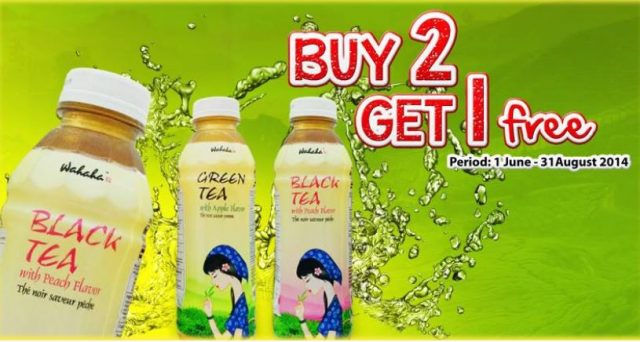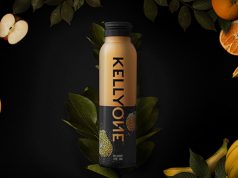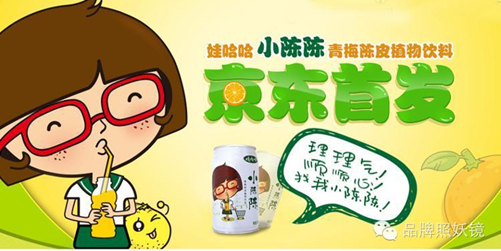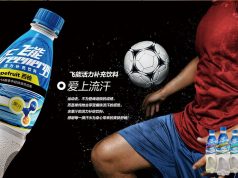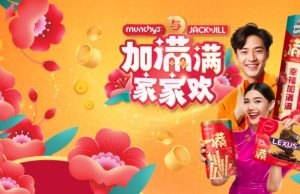The Indonesian ready-to-drink (RTD) tea market continues to be bright spark as evidenced by the gravitational pull of Japanese and Thai RTD tea companies towards the Indonesian market. Wahaha from China is also trying its luck in Indonesia with its bottled black tea and green tea.
According to Alfamart citing data probably from Nielsen, RTD tea grocery sales without semi retail rose by over 25% in 2013 vs 2012. The rate of growth should be slower if semi retail, which includes mom-and-pop stores, is included. Euromonitor expects RTD tea to grow 10% by volume in 2014 to 1.2 billion litres.
| Total grocery without semi retail |
For a foreign player, a domestic partner with strong distribution is required to be successful in the Indonesian RTD tea market. For example, Indofood Asahi, since launching Ichi Ocha RTD tea in February 2014, has captured 3% of the Indonesian soft drinks market in October 2014, according to ACNielsen. Thailand’s Ichitan Group, which is rolling out its RTD tea in Indonesia in the first quarter of 2015, is working with PT Atri Pasifik, which is a joint venture between PT Sigmantara Alfindo (Alfa Group) and Japan’s Mitsubishi Corp. Alfa Group runs the Alfamart minimartket chain.
| RTD beverage market share, October 2014 |
Wahaha RTD tea is not widely available and can only be found in selected 7-11 outlets, which shows the limited coverage enjoyed by Wahaha.
In terms of taste, Sosro Teh Botol has set the standard with its sweetened jasmine tea. Even Asahi’s Mytea Oolong, which claims to be the first oolong RTD tea in Indonesia, comes with a heavy jasmine taste. Wahaha RTD tea has to change its taste to suit the taste profile of Indonesian consumers.
Price wise, Wahaha RTD tea is at the end of the price range, which makes it quite unaffordable. Wahaha has to get its taste, distribution and price right to be successful in Indonesia.
|
|

